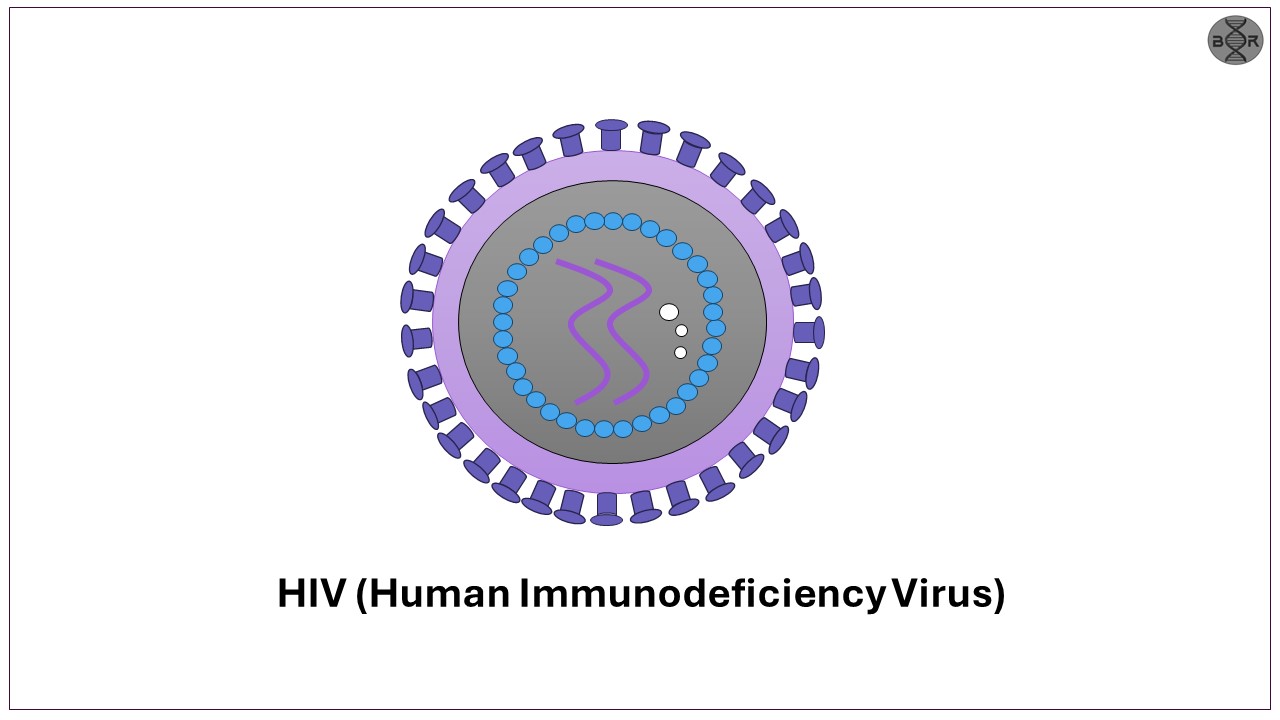In a major step forward towards a successful HIV vaccine, Scripps Research and the International AIDS Vaccine Initiative (IAVI) have reported encouraging findings from two Phase 1 clinical trials. The experiments show the potential of a new approach to vaccination to launch and direct the immune system’s creation of broadly neutralizing antibodies (bnAbs), which can neutralize various strains of HIV.
Vaccination Strategy
The studies used a stepwise regimen called “germline targeting,” where a first “priming” dose of vaccine stimulates rare precursor B cells, and then there is a separate “booster” dose for further maturing of the cells towards bnAb production. Both doses used mRNA-based vaccine platforms, taking advantage of technology similar to that in COVID-19 vaccines to accelerate development and strong immune responses.
Trial Results
- The initial trial, which took place in North America, evaluated sequential heterologous priming and booster doses. The outcome showed that this heterologous boosting regimen effectively promoted the advancement of B cell maturation toward bnAb production.
- The second trial, which occurred in Africa, involved the priming dose only. It showed successful triggering of the target B cells in African subjects, further emphasizing the method’s relevance in highly affected HIV regions.
We’ve now shown in humans that we can initiate the desired immune response with one shot and then drive the response further forward with a different second shot. We’ve also shown that the first shot can work well in African populations,
These trials provide proof of concept for a stepwise approach to elicit custom-tailored responses—not just for our vaccine, but for the vaccine field at large, including non-HIV vaccines.
William Schief
These remarkable results validate the rational vaccine design that underpins this approach,” adds Mark Feinberg,
A vaccine would be a tremendous step forward for global health and could help bring an end to the HIV pandemic. This effort has been made possible by a phenomenal collaboration of scientific research institutions, funders, private sector and government—and is a testament to the power of partnership-driven scientific inquiry.
Mark Feinberg
The effective activation and maturation of bnAb-producing B cells are an important step in creating a vaccine that can generate broad protection against HIV. Due to the high rate of mutation of the virus and worldwide diversity, inducing bnAbs has been regarded as necessary for achieving a successful vaccine.
The new research compared outcomes from two different phase 1 trials: the IAVI G002 trial that was in North America, and the IAVI G003 trial, which was actually conducted in South Africa and Rwanda—two of the HIV-affected countries in sub-Saharan Africa. G002 recruited 60 individuals, whereas G003 recruited 18. Both trials employed germline targeting.
In G002, subjects got either the priming vaccine alone or the priming vaccine followed by a slightly different booster, the latter being heterologous boosting. This two-step strategy is intended to nudge the immune system further down the road toward bnAb generation by producing VRC01-class antibodies—early immune defenses with important characteristics of bnAbs. Named after a thoroughly classified bnAb that can neutralize a broad cross-section of HIV strains, VRC01-class antibodies inhibit HIV from attaching to a host cell’s entry receptor by binding to an area of HIV that only occasionally varies, even though the virus mutates so quickly. Therefore, these antibodies represent some of the most hopeful candidates for HIV vaccine design.
Both of the 17 recipients of both the priming vaccine and the booster in G002 became VRC01-class responders, with over 80% exhibiting “elite” responses, i.e., having their immune cells gather multiple beneficial mutations associated with bnAb development. Even those who got only the priming vaccine developed VRC01-class responses, although they tended to be less mature in terms of antibody responses. Interestingly, administering a single priming dose prior to the booster was more effective than administering two priming doses prior to the booster.
In G003, two doses of the priming vaccine were administered, but not the booster. The vaccine effectively elicited VRC01-class responses in 94% of the participants, with similarly high mutation and diversity levels as observed in G002.
One participant failed to respond because of a variant gene that rendered the vaccine less effective, but the remaining participants exhibited activation of the target naïve B cells.
The results of these trials provide the foundation for further research looking to streamline the vaccination protocol and ultimately reach the hitherto elusive goal of an effective HIV vaccine.
Last Update:
Graduated from the University of Kerala with B.Sc. Botany and Biotechnology. Attained Post-Graduation in Biotechnology from the Kerala University of Fisheries and Ocean Science (KUFOS) with the third rank. Conducted various seminars and attended major Science conferences. Done 6 months of internship in ICMR – National Institute of Nutrition, Hyderabad. 5 years of tutoring experience.







